Biden's possible trip to Saudi Arabia over gas crisis is 'risky gamble'
US President Joe Biden's possible trip to Saudi Arabia would not likely help reduce global gas prices, analysts say, warning about the political cost of his visit with condemned Saudi Crown Prince Mohammed bin Salman.
Citing unnamed US officials, reports said last week that Biden was planning a trip to Riyadh, along with a trip to Europe and Israel in late June.
The president, however, said on Saturday that he has “not yet” decided if he will travel to Saudi Arabia.
It was said that Biden's possible trip to the kingdom would be aimed at recalibrating — a once-important relationship — at a time when he is trying to find ways to lower gasoline prices in the US.
Experts warned that the political cost of Biden's trip to the kingdom may be far greater for the president.
During his presidential campaign, Biden called for Riyadh to be made a "pariah," over the assassination of Jamal Khashoggi, a columnist for the Washington Post and a critic of bin Salman at the Saudi consulate in Istanbul, Turkey, in 2018.
The kingdom is also under fire over its human rights record including the devastation of the war in Yemen and the arbitrary detention of political dissidents.
"I don’t believe there’s an amount of oil the Saudis could provide that would substantially reduce US gas prices," Samantha Gross, fellow and director of the Energy Security and Climate Initiative at the Brookings Institution, told The Hill.
"It will be difficult for Biden to come away with something he can call a win,” he added.
Biden has already admitted that his administration is unlikely to be able to sufficiently reduce the cost of gasoline in the country in the short term.
The Democratic president placed an embargo on Russian oil earlier this year, shortly after Russian President Vladimir Putin declared a military campaign against Ukraine on February 24.
In addition to the oil embargo, Washington and its Western allies imposed unprecedented waves of sanctions on Moscow.
The move has so far sent the prices of grain, cooking oil, fertilizers and energy skyrocketing.
Saudi Arabia and other OPEC+ states decided to bring forward oil production rise to offset Russian output losses as a result of Western sanctions on Moscow.
Robert Weiner, professor of International Business and International Affairs with George Washington University, however, said that "no country has that ability."
“There is no way that Saudi Arabia has the ability to produce as much oil as the world has lost because of the Russian embargo," he said.
Russia is the third-largest oil producer after the US and Saudi Arabia.
On Sunday, gas prices hit a new record high, climbing to a national average of $5.01 for a gallon of gas, according to American Automobile Association (AAA).
The average spiked about 16 cents from last week.
Experts formerly warned that costs will continue to rise during the summer, saying that the national average will likely surpass $6 before fall.
IRGC intelligence forces capture agent linked to foreign espionage service
VIDEO | Palestinians in Yarmouk Camp cling to hope and determination
Israel preparing to stay in southern Lebanon after ceasefire: Report
Israeli pressure on Hamas ‘hardly helped’; swap deal necessary: Ex-Mossad chief
Far-right Israeli minister Ben-Gvir again storms al-Aqsa Mosque
Iran: Israel’s attack on journalists’ vehicle in Gaza amounts to ‘war crime’
VIDEO | Israel’s war spending
Palestine Action wins again


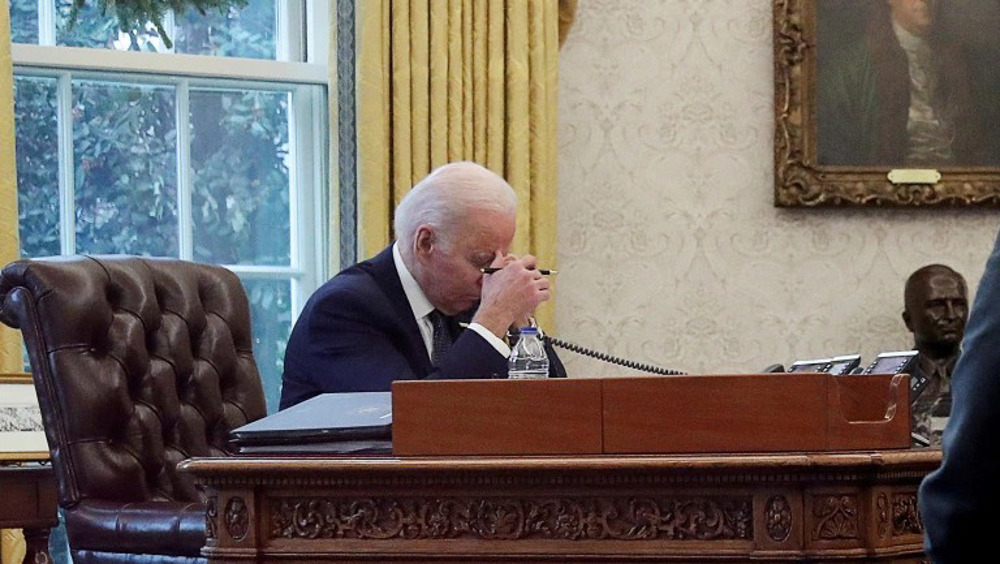
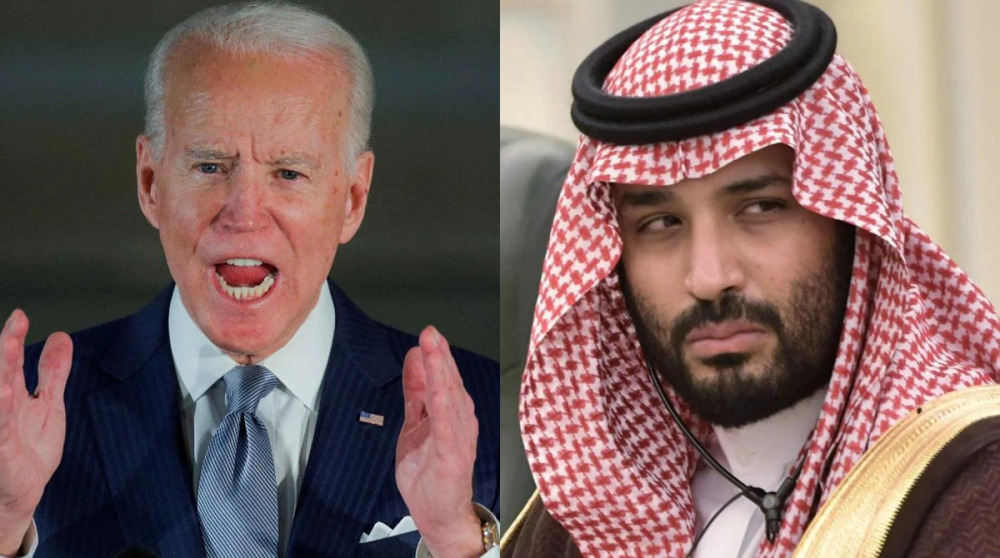
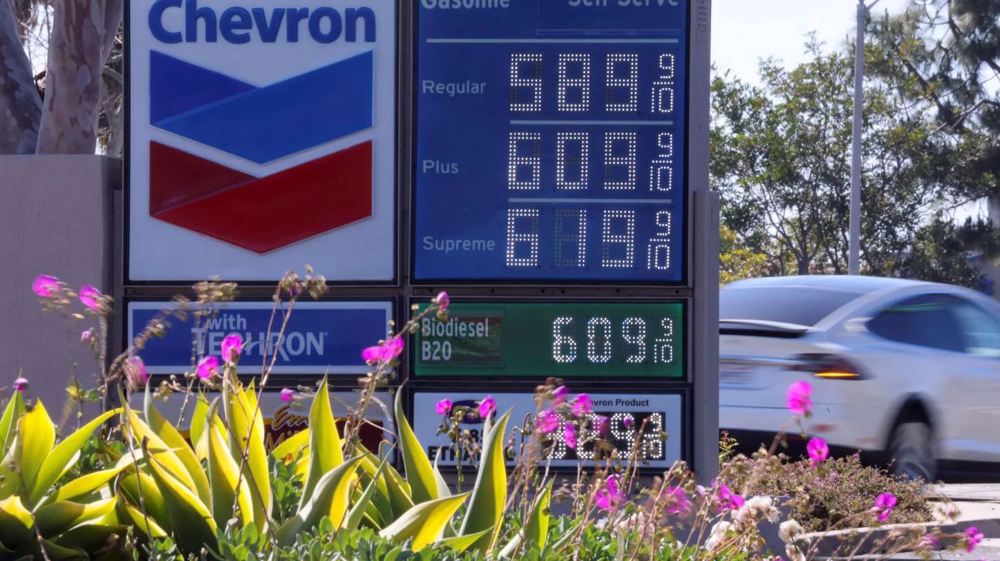
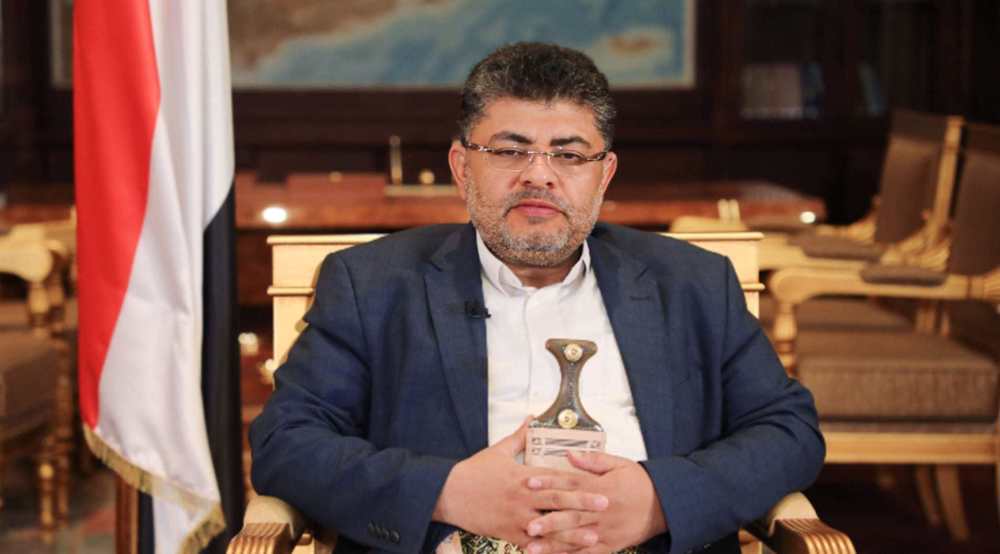
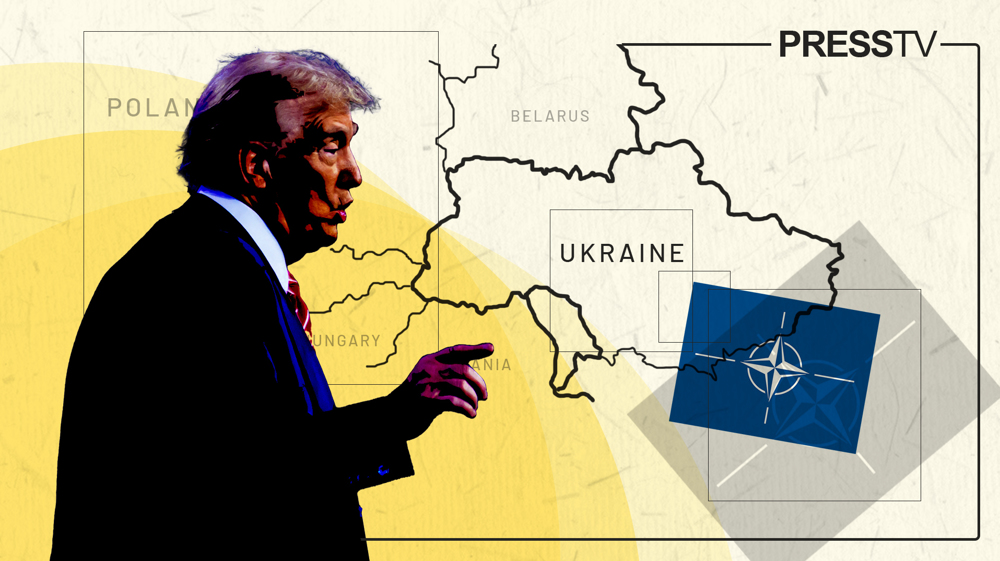




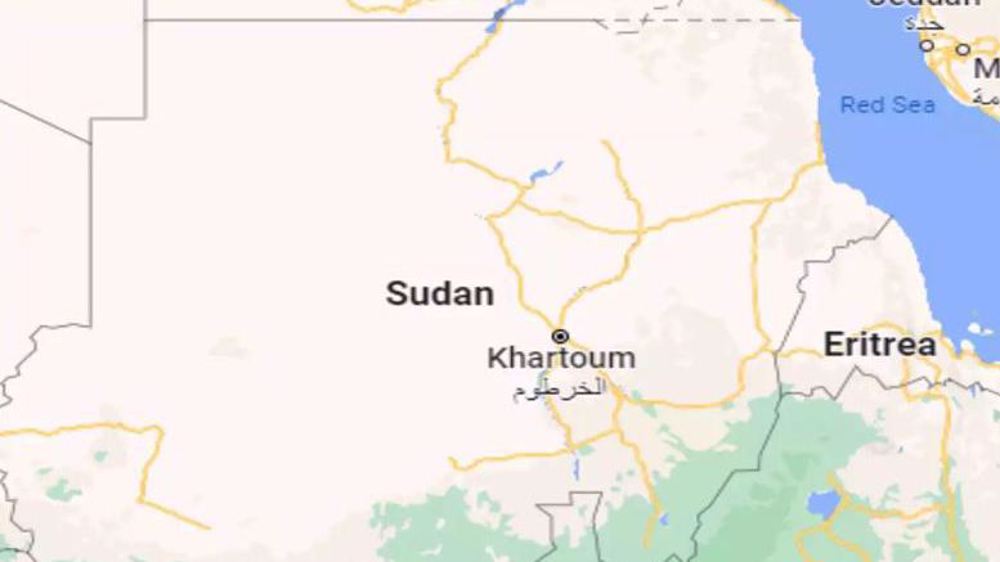
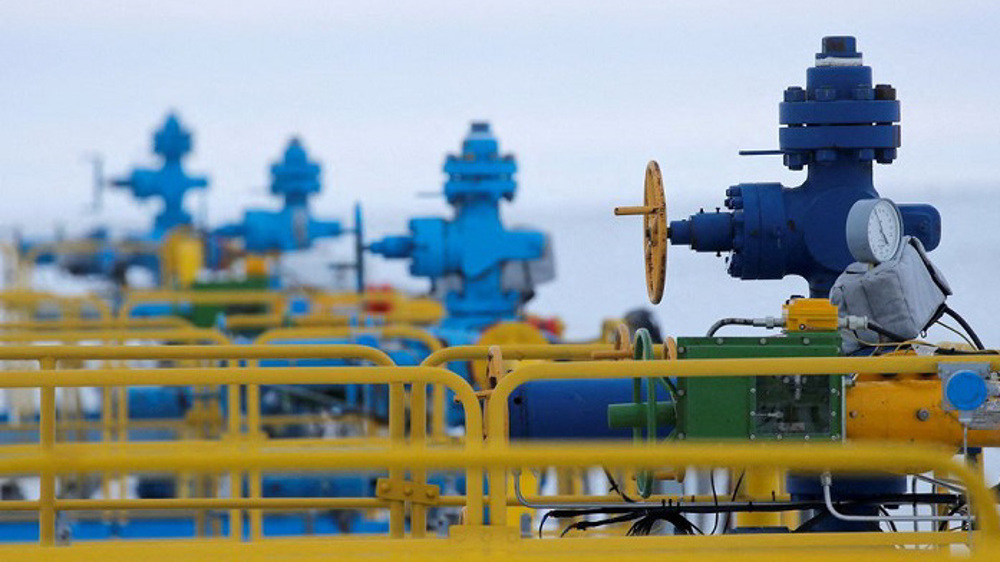
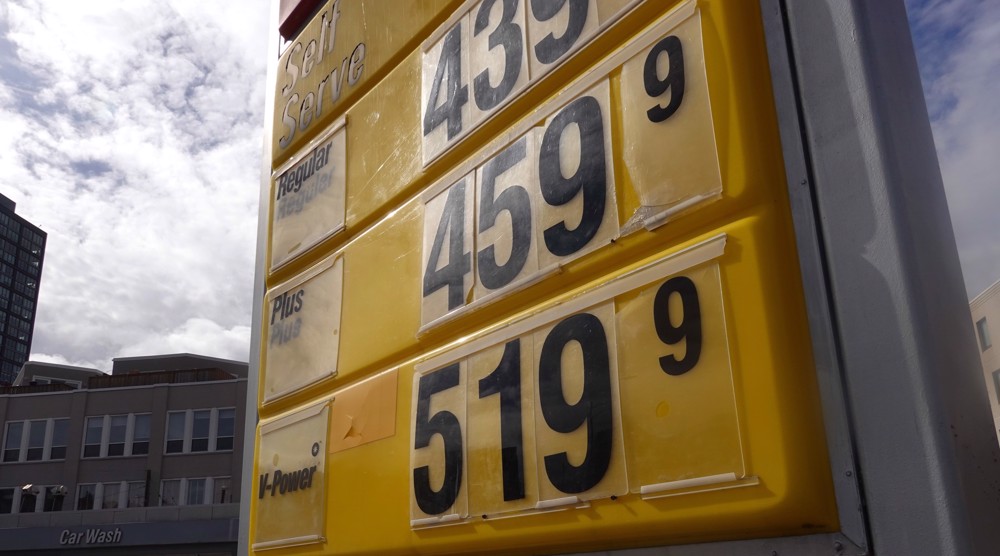
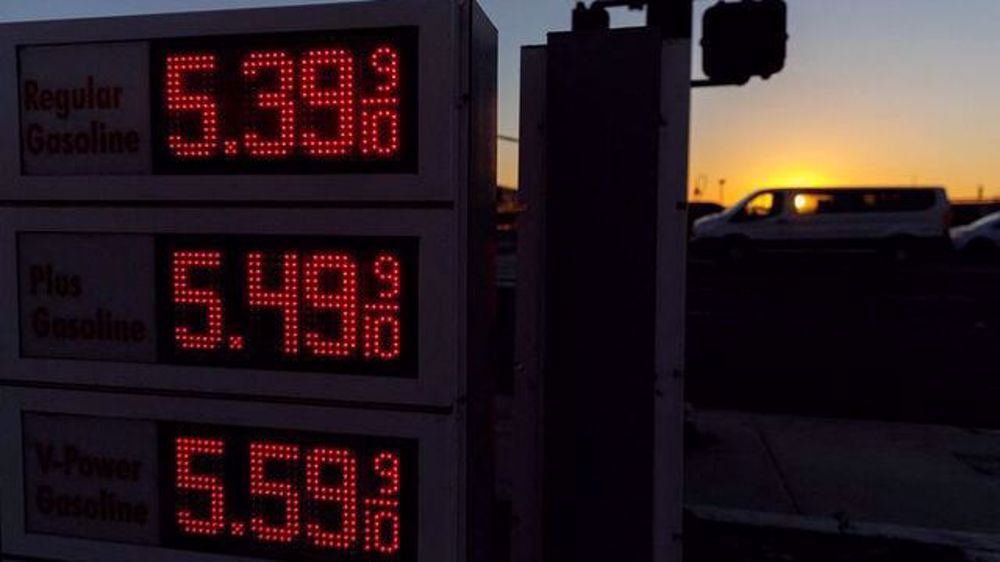

 This makes it easy to access the Press TV website
This makes it easy to access the Press TV website